Good nutrition is not just about maintaining a healthy weight — for women, it plays a crucial role in reproductive health. From hormonal balance and menstrual regularity to fertility and pregnancy outcomes, the food you eat can directly impact your reproductive system. In this article, we’ll explore the 🍎 link between nutrition and women’s reproductive health, what nutrients matter most, and how to support your body through every stage of life.
🧠 Understanding the Connection Between Nutrition and Reproductive Health
The female reproductive system is highly sensitive to metabolic signals, which are heavily influenced by dietary intake. Nutritional deficiencies, excessive calorie restriction, or imbalanced eating habits can disrupt 🧬 hormone production, ovulation, and menstrual cycles.
Poor nutrition can lead to:
- Irregular or absent periods (amenorrhea)
- Polycystic ovary syndrome (PCOS)
- Infertility or difficulty conceiving
- Increased risk of miscarriage or pregnancy complications
🥦 Key Nutrients That Support Reproductive Health
To promote a healthy reproductive system, women need a balanced intake of specific vitamins and minerals. Here are the most important ones:
🧡 1. Folate (Vitamin B9)
Why it matters:
Folate is essential for DNA synthesis and cell division. It’s especially crucial before and during pregnancy to prevent neural tube defects in babies.
Best sources: Leafy greens, lentils, oranges, fortified cereals.
💪 2. Iron
Why it matters:
Iron supports healthy ovulation and helps prevent anemia, which can affect fertility and pregnancy health.
Best sources: Red meat, spinach, beans, tofu, fortified grains.
🌞 3. Vitamin D
Why it matters:
Vitamin D regulates sex hormones like estrogen and progesterone. Deficiency has been linked to PCOS and infertility.
Best sources: Sunlight, fortified dairy, salmon, egg yolks.
🥜 4. Omega-3 Fatty Acids
Why it matters:
Omega-3s reduce inflammation, balance hormones, and may improve egg quality and uterine health.
Best sources: Fatty fish (like salmon and sardines), chia seeds, flaxseeds, walnuts.
🥚 5. Zinc
Why it matters:
Zinc plays a role in egg development and hormone regulation. Low levels may contribute to irregular cycles.
Best sources: Meat, shellfish, legumes, pumpkin seeds.
⚖️ The Role of a Balanced Diet in Hormonal Regulation
The endocrine (hormonal) system requires fats, proteins, and complex carbohydrates to function properly. Extreme dieting, low-fat trends, or highly processed diets can disrupt hormone signals.
A hormone-friendly diet should include:
- Healthy fats: avocado, olive oil, nuts, seeds
- Complex carbs: quinoa, brown rice, oats, sweet potatoes
- Lean protein: chicken, fish, legumes, eggs
- Fiber: vegetables, fruits, whole grains
⚠️ Tip: Avoid trans fats, excessive sugar, and artificial sweeteners, which can negatively affect insulin and estrogen levels.
🩺 Nutrition and Common Reproductive Disorders
🌸 Polycystic Ovary Syndrome (PCOS)
Women with PCOS often experience insulin resistance, weight gain, and irregular ovulation. A low-glycemic index diet rich in fiber, protein, and anti-inflammatory foods can help manage symptoms.
📉 Endometriosis
An anti-inflammatory diet may help reduce pain and inflammation. Include plenty of leafy greens, berries, omega-3s, and avoid red meats and processed foods.
🧪 Infertility
Deficiencies in key nutrients (like vitamin D, zinc, and iron) are often linked to infertility. Balanced nutrition, possibly supported with supplements, may improve fertility outcomes.
🤰 Nutrition During Pregnancy
Once pregnant, nutritional demands rise. Key elements include:
- Folate for fetal development
- Iron to support increased blood volume
- Calcium and Vitamin D for bone development
- Protein for tissue growth
- Choline for brain development
Eating a varied diet with whole, minimally processed foods ensures both the mother and baby receive essential nutrients.
🧘 Lifestyle Tips to Complement Nutrition
While nutrition is vital, it works best when paired with healthy lifestyle habits:
✅ Maintain a healthy weight
✅ Exercise regularly
✅ Manage stress (chronic stress can alter hormonal balance)
✅ Limit caffeine and alcohol
✅ Avoid smoking
🌿 Final Thoughts: Nourishing Your Reproductive System
Good nutrition isn’t a magic pill, but it is a powerful tool. By choosing the right foods and maintaining balance, women can support their reproductive health naturally — whether they’re planning for pregnancy, managing a condition, or simply aiming for hormonal harmony.
👩⚕️ Pro Tip: If you’re facing fertility issues, irregular cycles, or planning for a baby, consult with a gynecologist or registered dietitian. Personalized advice can make all the difference.
ABOUT THE AUTHOR
Dr. Nora West is a highly skilled MBBS doctor with a special interest in women’s health and patient education. She is dedicated to providing compassionate care and believes in building strong doctor–patient relationships based on trust and understanding. Dr. Nora focuses on empowering her patients with the knowledge they need to make informed decisions about their health. She is particularly passionate about preventive medicine, nutrition, and lifestyle interventions that can significantly improve quality of life. Known for her warmth and professionalism, Dr. Nora combines evidence-based medicine with a personalized approach, ensuring every patient feels supported on their journey to better health.
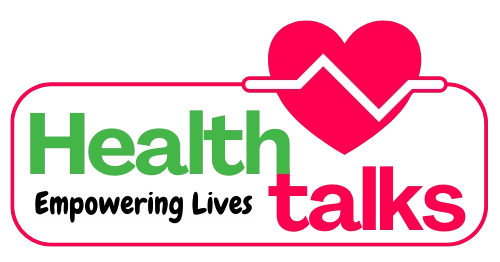

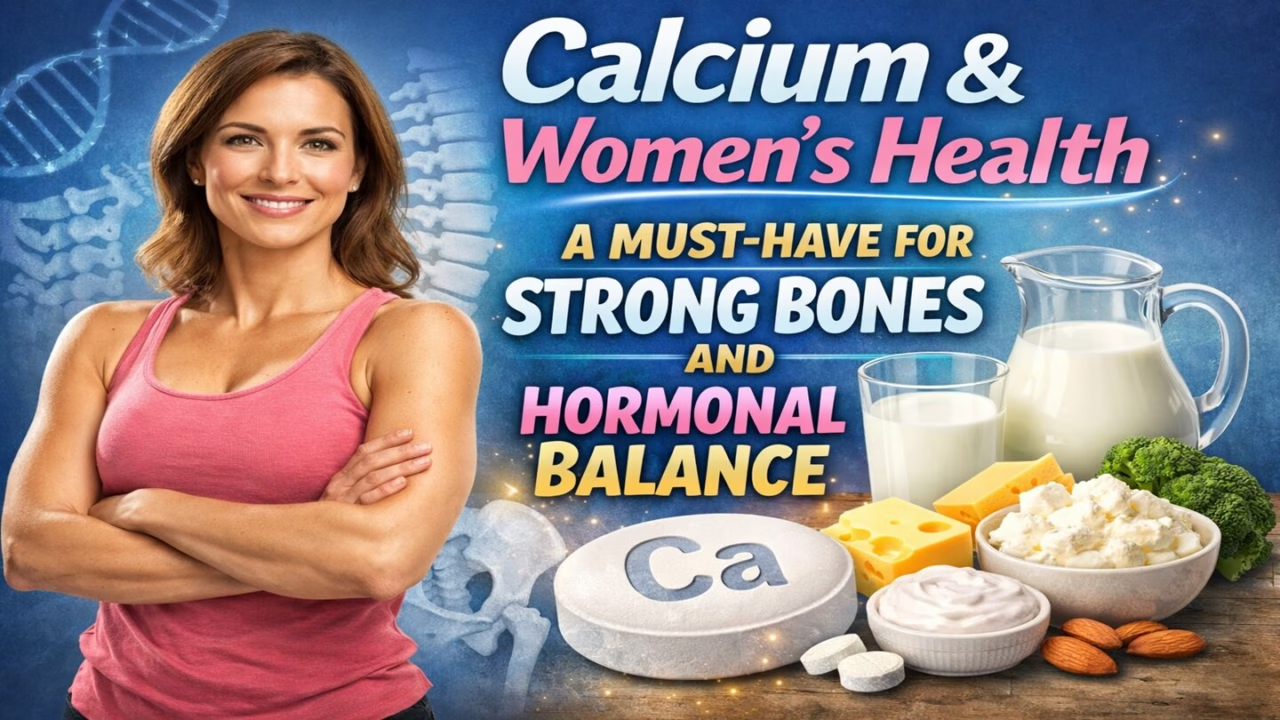


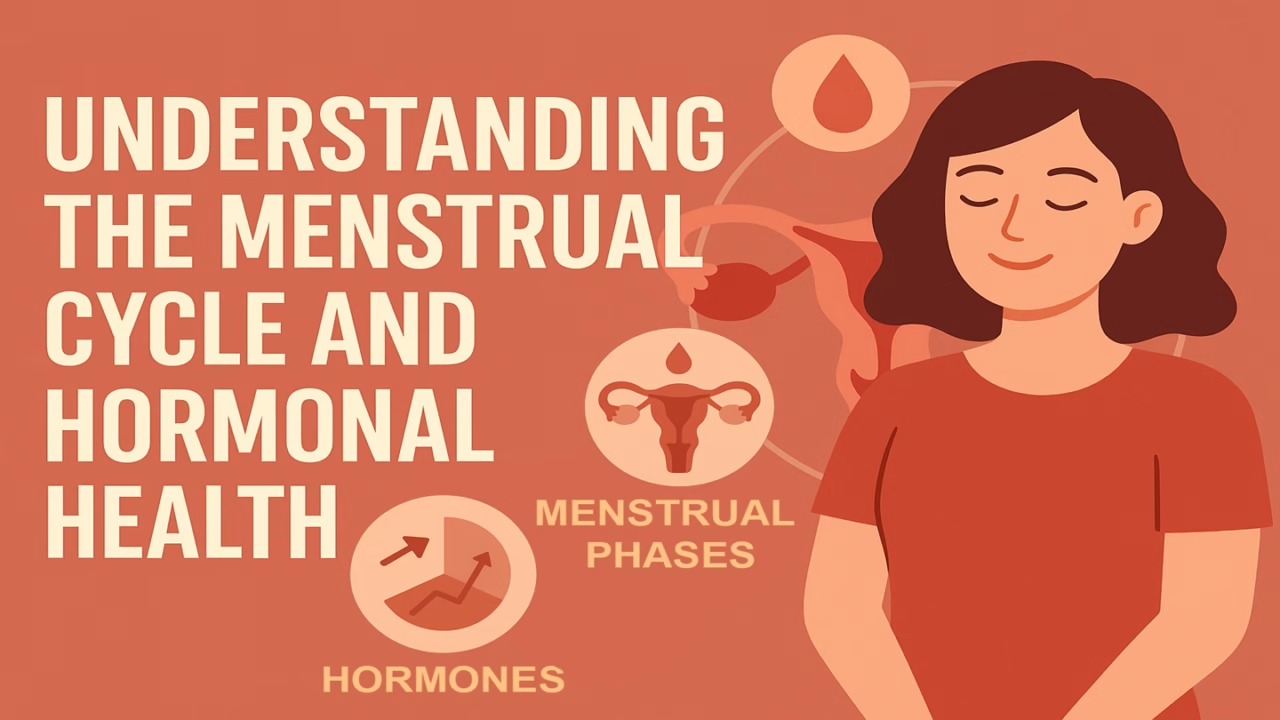

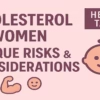
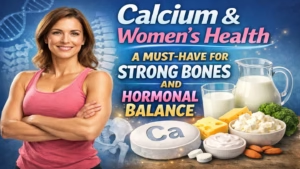
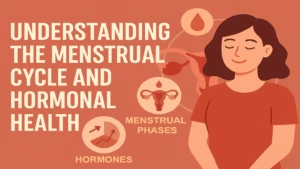
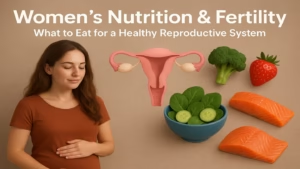
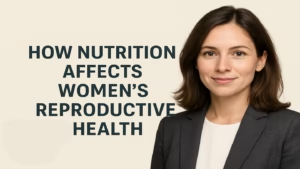
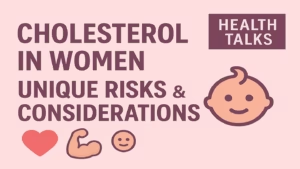
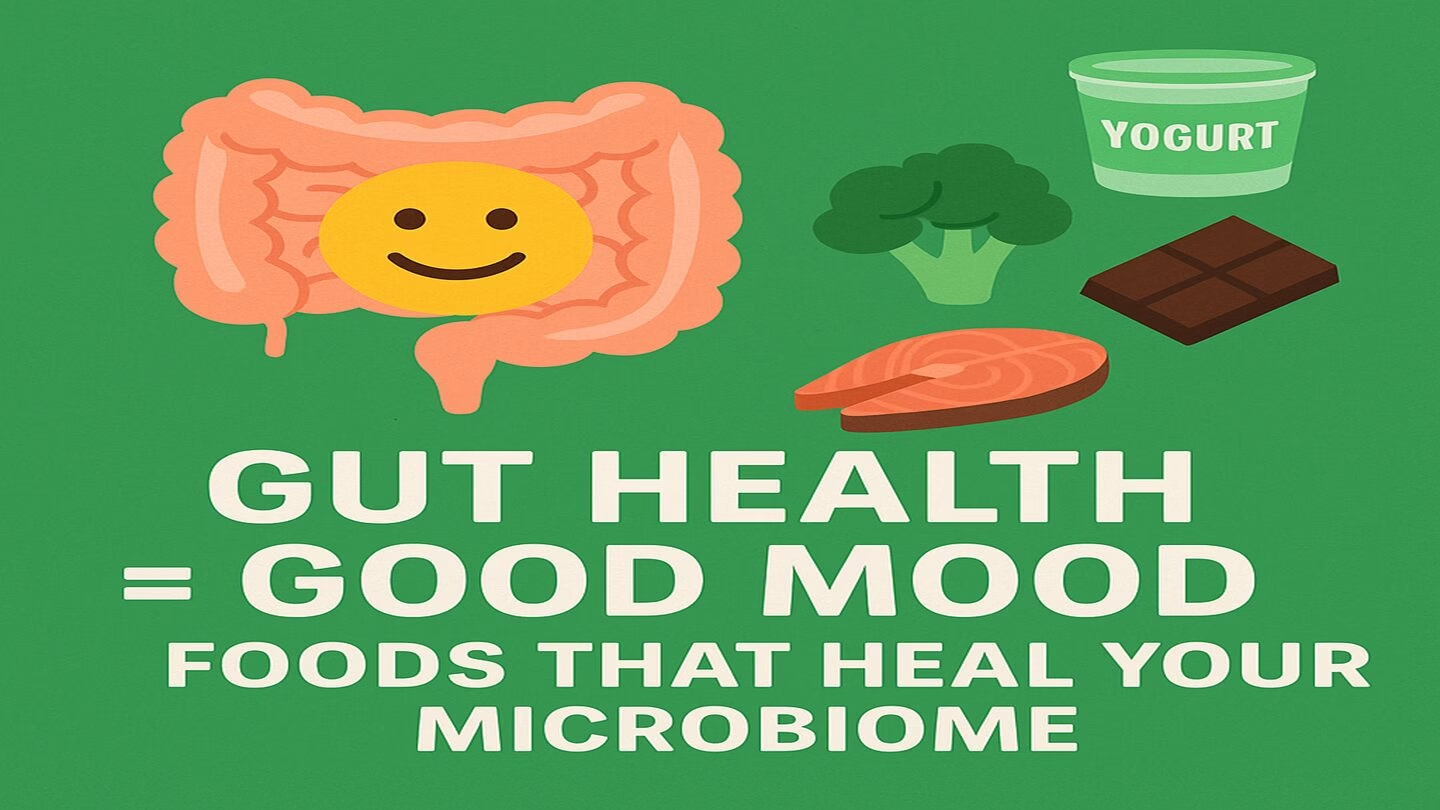
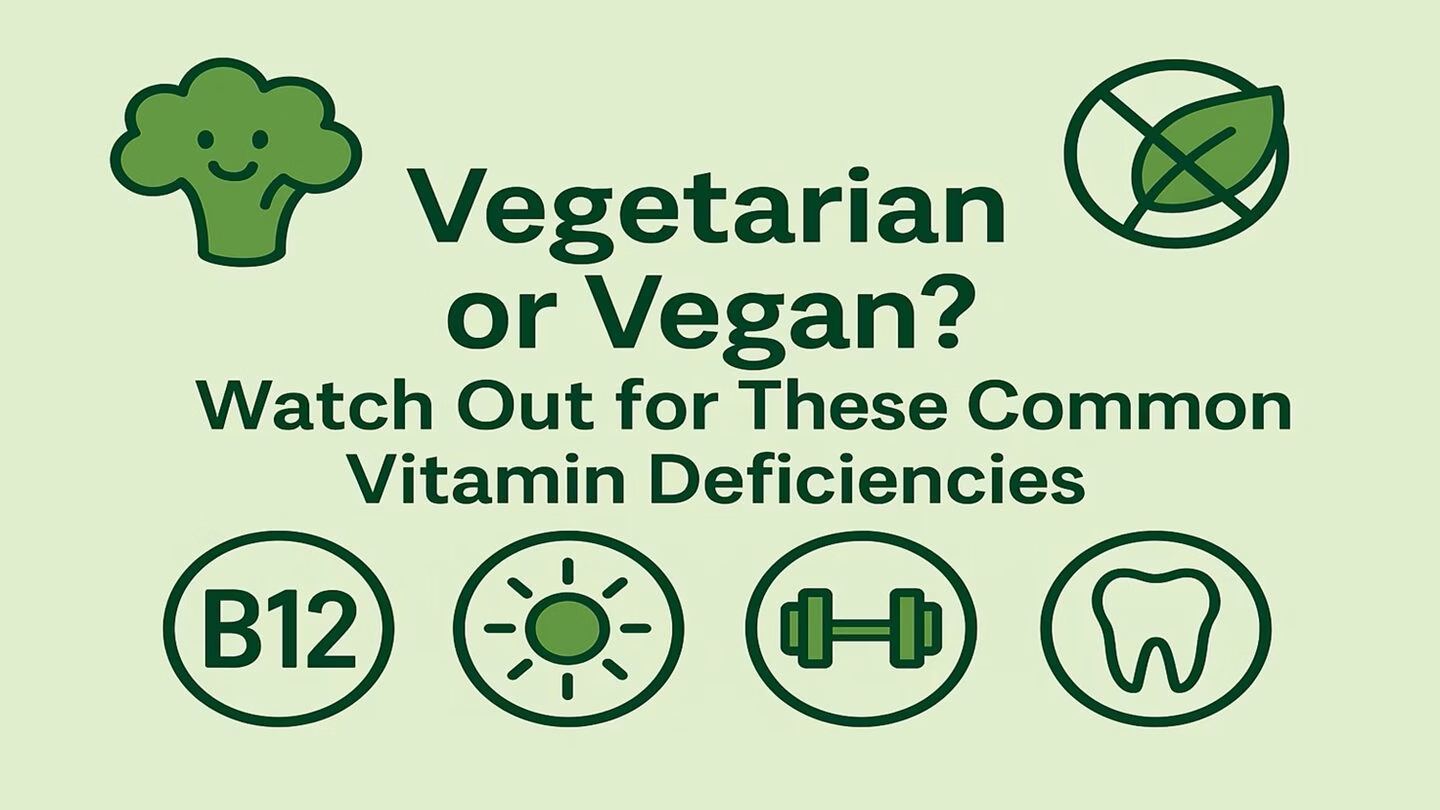
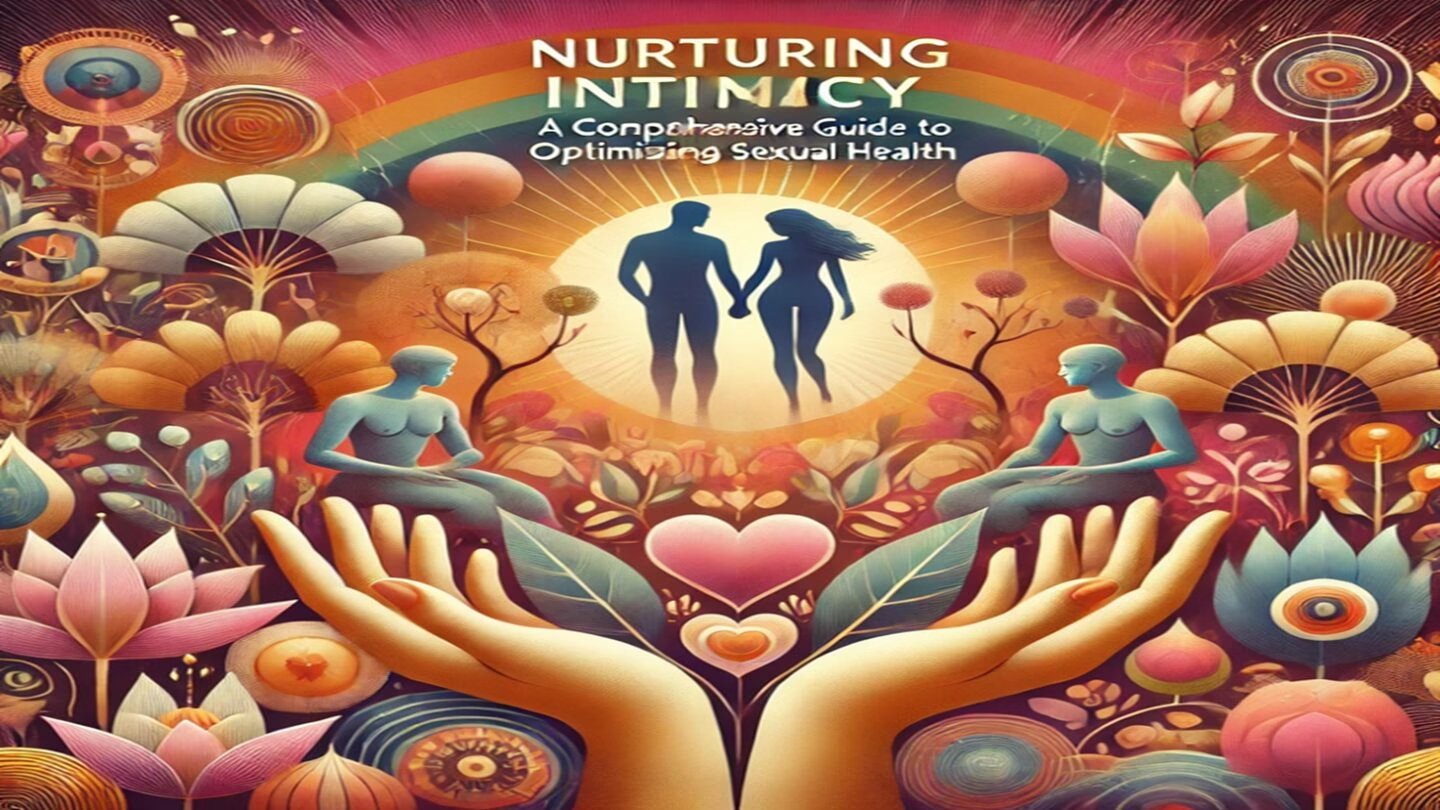

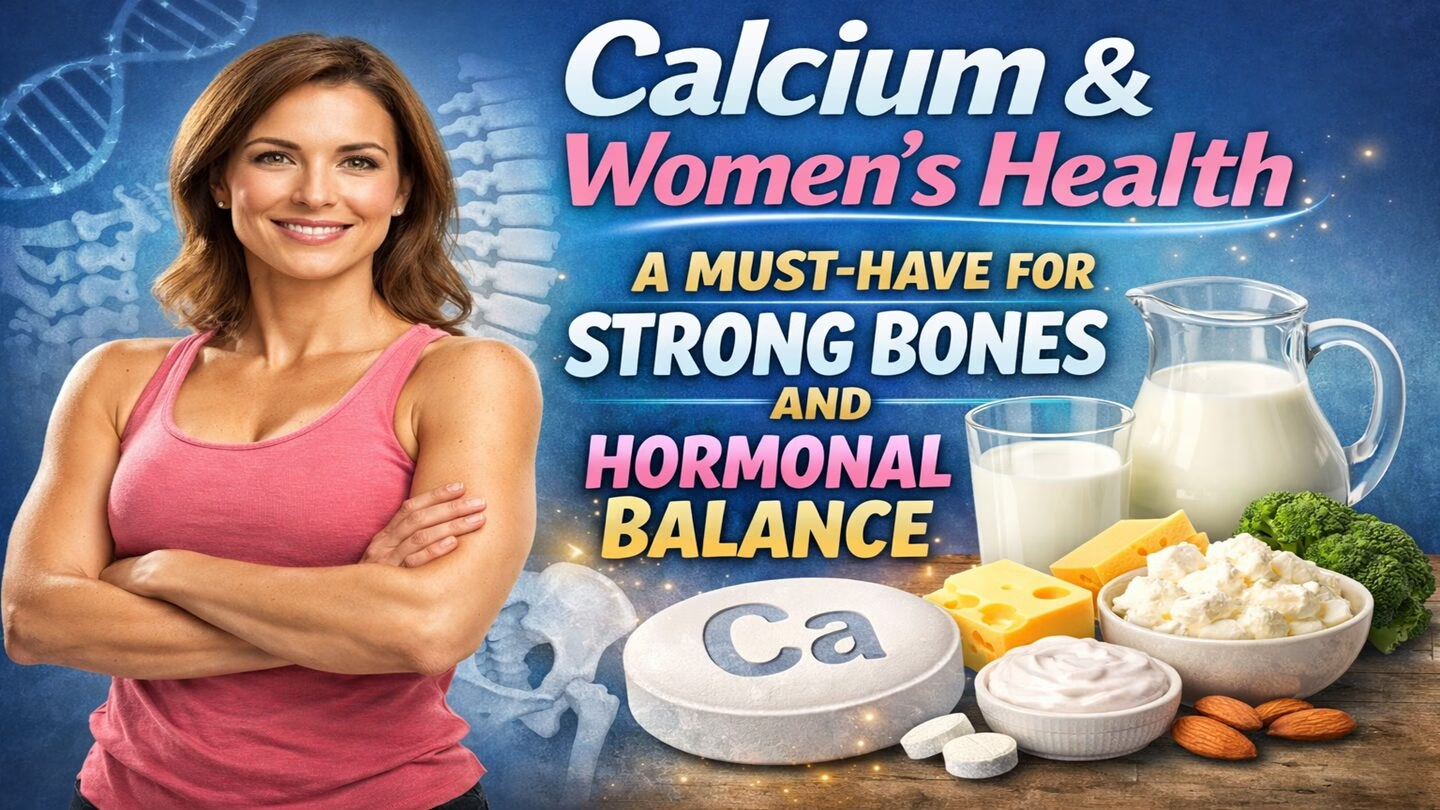
Add comment